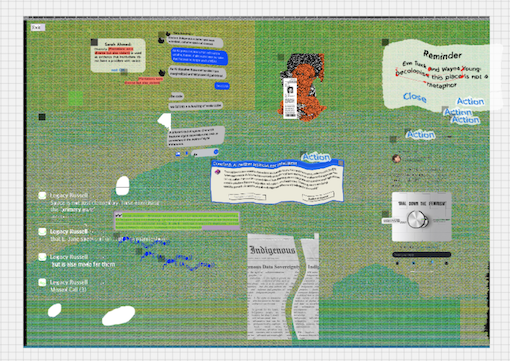Project Description
At the latest, the Corona crisis has made it clear to the general public that almost all areas of our social life will be translated into digital sooner or later. However, the conditions under which this transformation will take place are still up for negotiation. What values should guide our digitised lives? What does democratic digitisation look like? How can civil society assume and exercise its role as a central protagonist in the digital transformation process?
In order to promote the crucial cross-societal, cross-disciplinary and cross-border exchange, we are organising a five-week digital dialogue on European digital policy under the slogan „EU Digital Futures“. The results of our work will be presented to a wider audience at the Conference on the Future of the Europe on the 30th June 2021 at 7 pm.
After our successful pilot project on data policies and the development of an active interdisciplinary network consisting of our former and future applicants, Polis180 is now partnering up with the Goethe Institut, supported by the German Foreign Federal Office, to strengthen participatory democracy and add often neglected voices to the conversation.
Thus five tandems, each with a representative from the field of data science and art devote themselves to a weekly changing focus topic in a free format. By including the artistic perspective, we want to shed light on further facets to these often technically and economically oriented debates and communicate complex topics to the general public in a playful and sensual way.
Topics
Project lead

Isabelle Kranabetter
Isabelle is a curator and dramaturg/director (at Festival d’Aix-en-Provence, Biennale di Venezia and others) who facilitates collaborations at the intersection of science, technology and art in newly developed formats in order to create sustainable and societally oriented innovations. At Polis180 she initiates and realizes projects in the programs Digital Policy and Cultural Policy.

Viktar Vasileuski
Viktar is a researcher and creator who is particularly interested in antidisciplinary collaboration. He has a background in International Relations and holds a Master’s degree in Communication from the University of the Arts Berlin. His activities revolve around topics such as digital communication, tech culture or new media. He is a board member of Polis180.
This project is conducted in close collaboration with the Goethe Institute

This project is funded by the German Federal Foreign Office

For more information click here.
